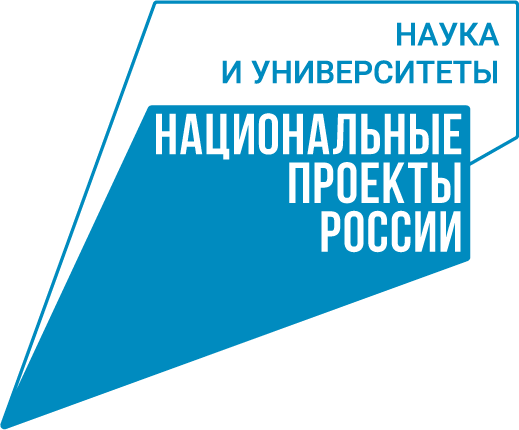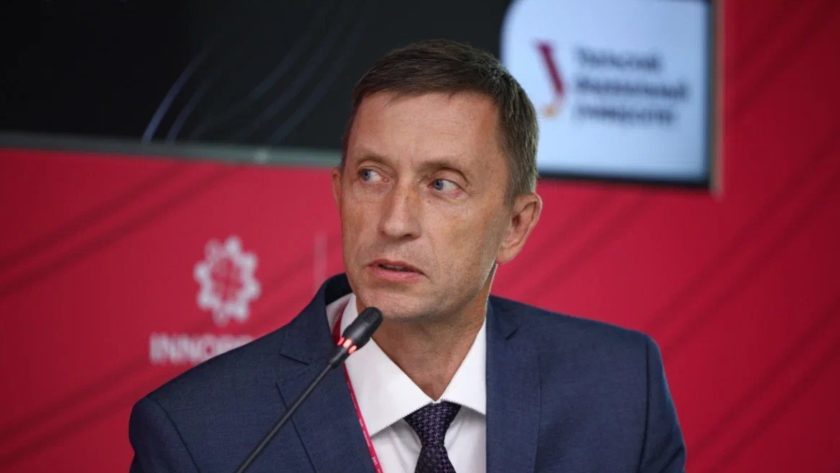Igor Manzhurov reported that a master’s program was launched last year under UIREC. Photo: Rodion Narudinov.
World-class research and educational centers (RECs) have helped regional authorities recognize that scientific projects can be seen not just as expenses but also as resources for enhancing investment appeal. During a panel discussion titled “RECs in the System of Scientific and Technological Development of Regions” at INNOPROM 2024, experts explored how RECs are fostering regional development, along with addressing educational components, workforce shortages, and the needs of enterprises.
“In the first two years following the establishment of RECs, we primarily focused on understanding the effectiveness of this tool. We negotiated with industrial partners regarding mutual needs and operational guidelines. In our region, we identified that the REC is a collection of key technological projects. On one hand, it serves as a management mechanism for these projects; on the other, it provides specialized support from federal and regional authorities. Thanks to RECs, regional governments have fully engaged in the scientific and technological agenda,” noted Evgeny Gurariy, assistant to the presidential envoy in the Ural Federal District.
Victor Koksharov, rector of Ural Federal University (UrFU), emphasized that scientific and educational centers facilitate cooperation between universities and enterprises. There has long been a demand from companies for joint project implementation, while universities are eager to extend their reach beyond their campuses—RECs have helped establish effective and swift ways for these entities to connect.
Additionally, among the positive impacts of RECs is the creation of new jobs. Alexander Wagner, rector of South Ural State University (SUSU), cited the Arctic bus project as a prime example. New production lines are currently being established in Chelyabinsk region to support this initiative.
Experts also addressed workforce challenges faced by enterprises. As one measure to combat this issue, the Ural Interregional REC has launched a network master’s program Management of Scientific and Technological Projects based at UrFU.
“Companies have significantly increased their production volumes—some by two to three times—leading to a sharp shortage of personnel. This is not only about finding new qualified employees but also about enhancing the skills of existing staff: experienced technologists need management training. Currently, 15 people are enrolled in our program at UrFU, and we plan to recruit another 25. SUSU is also looking to launch a similar program. Feedback from enterprises has been very positive,” said Igor Manzhurov, director of development at UIREC.

